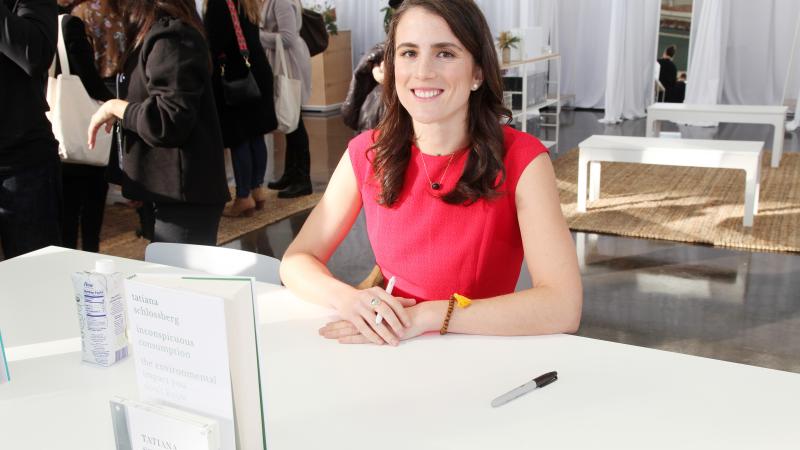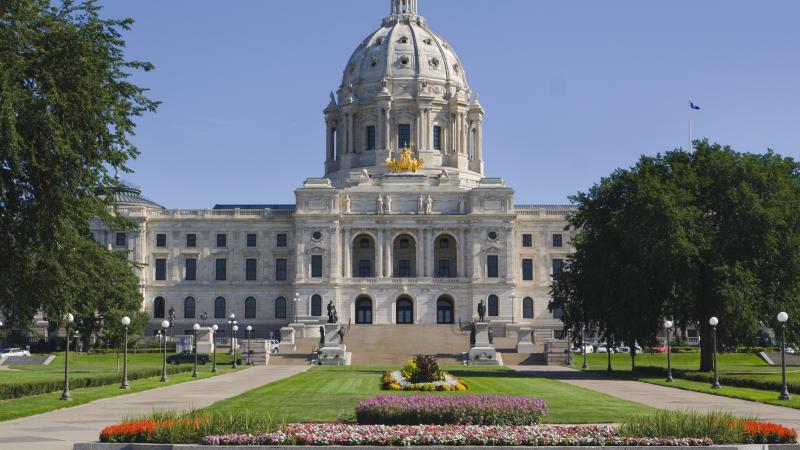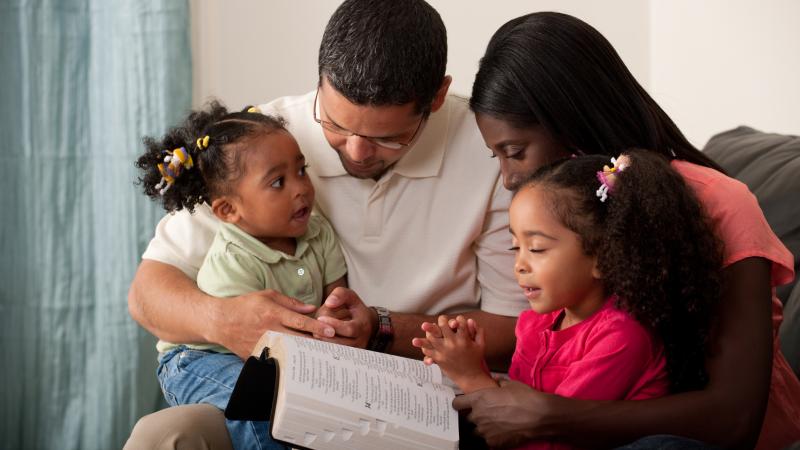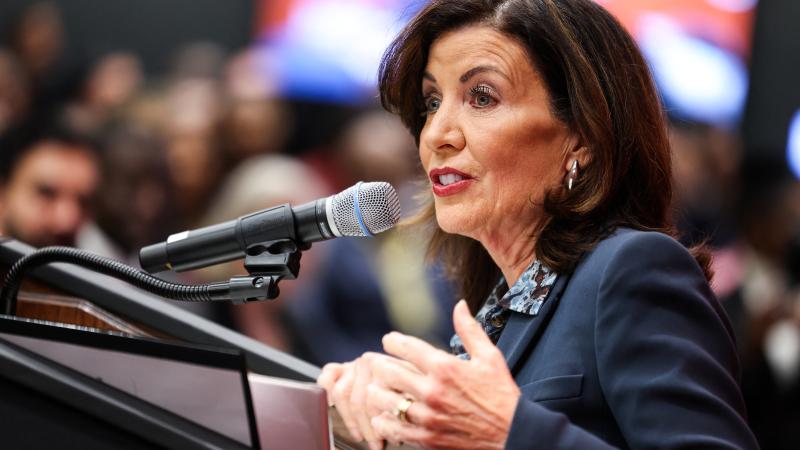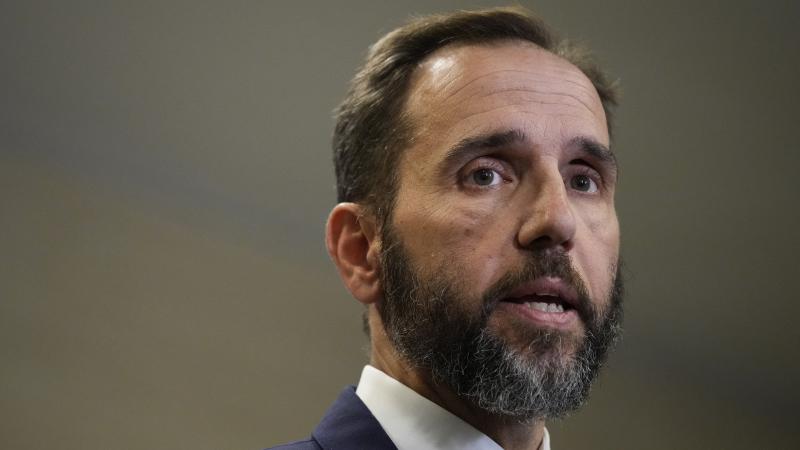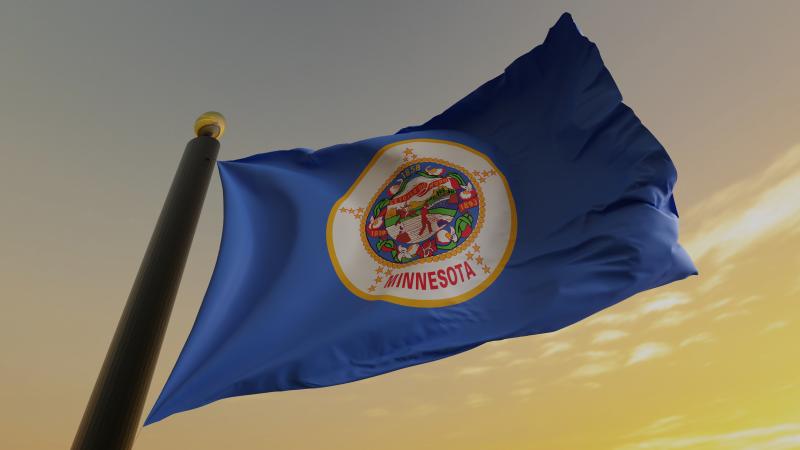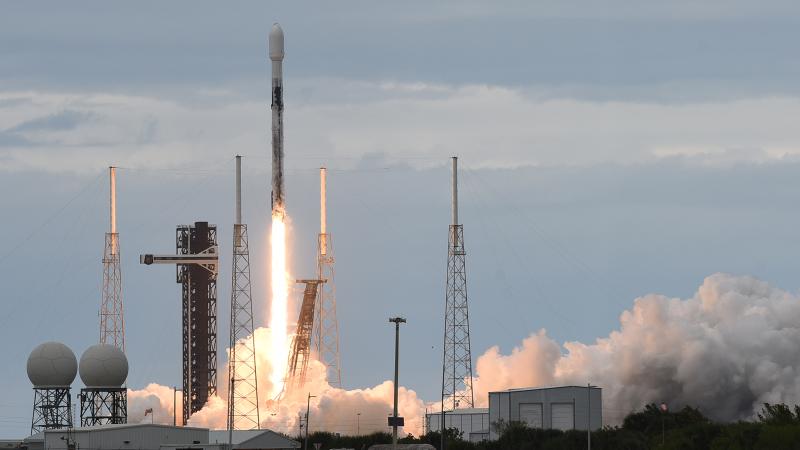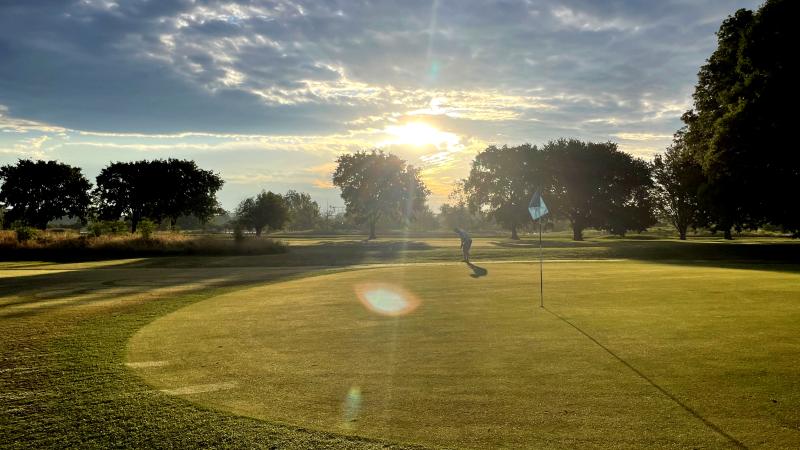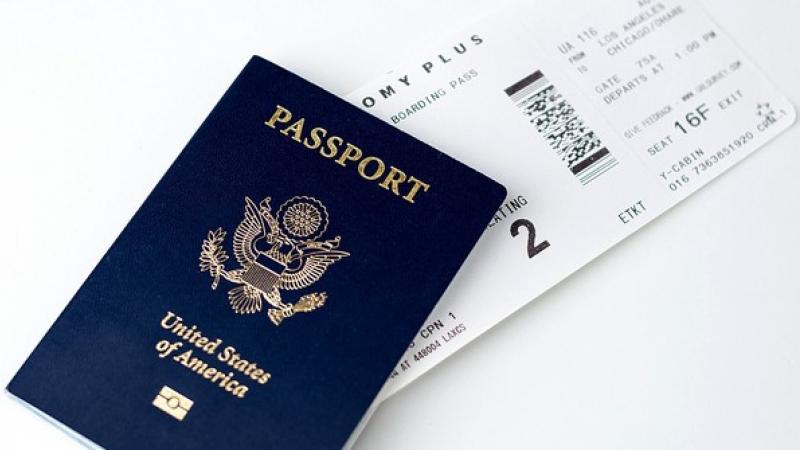Cupid ❤️s cannabis: THC finds favor in Valentine's Day survey despite growing evidence of risks
Marijuana normalization is most advanced among young — the very cohort most vulnerable to mental health and safety dangers.
Valentine's Day is synonymous with various gifts, including beautiful flower arrangements, delicious chocolates, and expensive perfumes. However, Americans — especially younger Americans — are increasingly expressing their affection in a very different way: through the gift of cannabis.
Unfortunately, the normalization of cannabis use is advancing even as studies warning of the health and safety risks of marijuana — particularly to the young — continue to stack up.
According to a new survey by Wired Research for Verano Holdings, one of the largest multistate cannabis operators in the United States, 61% of American adults (nearly 148 million) plan to include cannabis in their 2023 Valentine's Day plans — either by using it themselves or gifting it to another individual. Moreover, 19 million American adults are expected to skip the consumption of alcohol on Valentine's Day in favor of cannabis. Thirty-seven percent (55 million) of American adults, according to the survey, would be happy to receive cannabis as a gift on Feb. 14.
The survey found that not only are many American parents open to the idea of giving cannabis as a gift, more of them are open to the idea than are American adults without kids (69% vs. 57%). Men are significantly more likely than women (66% vs. 57%) to "incorporate cannabis into Valentine's Day plans," according to the report, and of all the generations, Gen Z and Millennials are the most likely to embrace cannabis this coming Tuesday.
As Valentine's is intimately associated with the idea of love, the authors included the fact that close to 25% of American adults now believe cannabis improves their sexual performance.
While regional variance wasn't pronounced, the survey found that adults in the Northeast were the most likely to use or gift cannabis this Valentine's (66% vs. 55% in the Midwest, 61% in the West, and 63% in the South). This finding, the authors suggest, should be attributed to several states in the Northeast, including Connecticut, New York, Vermont, and New Jersey, introducing legal recreational cannabis programs in recent times.
Commenting on the survey's findings, certified sex coach Ashley Manta said cannabis can have "a decidedly positive impact on romance and intimacy, especially on occasions like Valentine's Day where there are so many external stresses and pressures to make the day special."
Shannon Chavez, a psychologist and sex therapist based in Beverly Hills, echoed Manta's sentiments, calling Valentine's Day "a great opportunity for couples to try something new together and try a more dynamic and less formulaic approach to intimacy."
The survey comes amid accumulating reports and studies warning of the dangers of rising cannabis use, particularly among the young. The risks range from cognitive impairment to psychiatric damage to road-related harms from driving under the influence of cannabis.
As biomedical scientist Michael Kaliszewski has noted, cannabis use can have a profoundly negative impact on one's "attention, memory, and learning." Such effects, he added, can last up to "several days" beyond the time of use.
Younger individuals are particularly susceptible to the negative effects of cannabis. That's because the full development of the prefrontal cortex, the region of the brain responsible for critical thinking and complex behaviors, doesn't occur until about age 25. This makes younger individuals — like many members of Gen Z, the biggest consumers of cannabis — particularly sensitive to drug exposure.
The use of cannabis can impact how neural connections are formed within the brain. This impact can have lifelong consequences. "Other effects" on the developing brain, noted the academic, "include interference with neurotransmitters and abnormal brain shape and structure volume," as well as reduced cognitive functioning.
Those above the age of 25 are by no means immune to the negative impacts of cannabis use. The use of cannabis may for example increase one's chances of becoming clinically depressed," according to Paul Frysh, a senior health writer at WebMD. It may also worsen, rather than alleviate, the symptoms of any underlying mental disorders. In excessive doses, the drug can lead to paranoia and even psychotic breaks.
Cannabis, it seems, should be viewed as a new type of gift, full of caveats and careful considerations. It's really nothing like flowers and chocolates, both of which can be given to anyone of just about any age and any physical condition.


